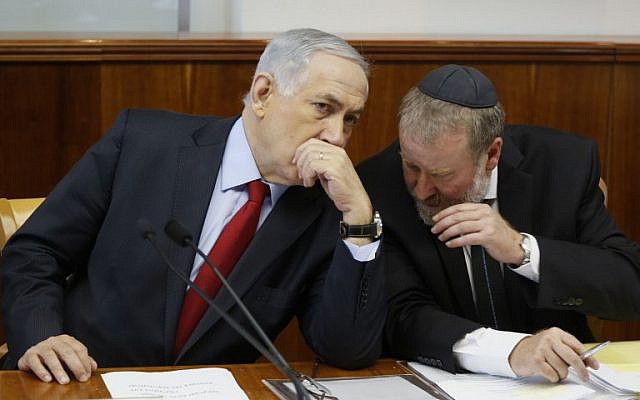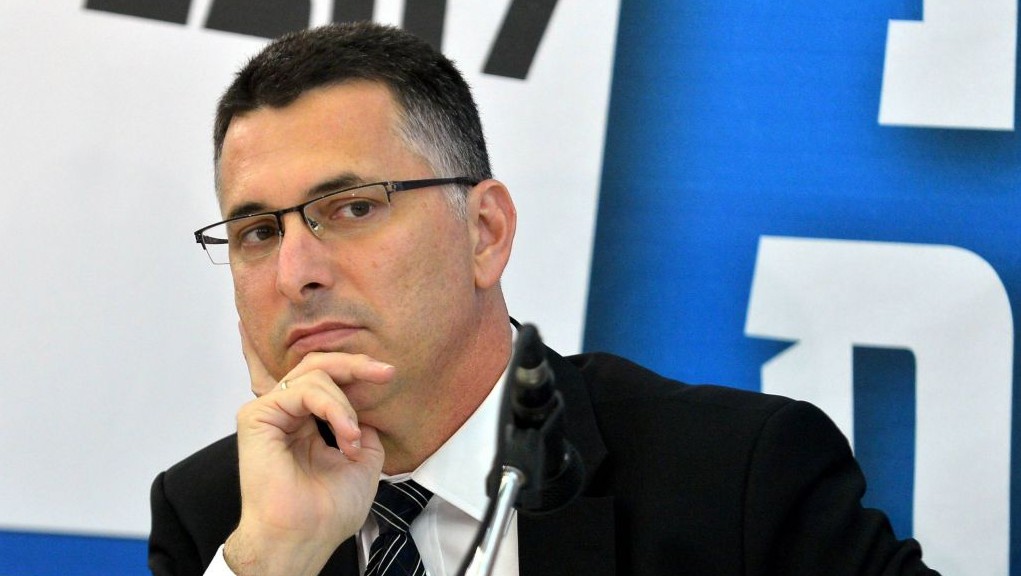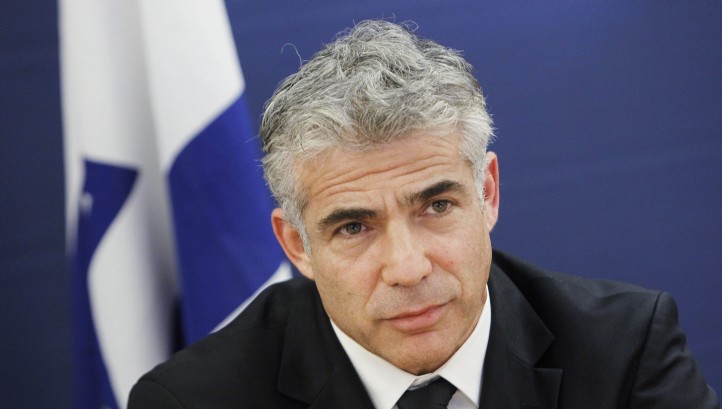Still No Government in Sight After Israeli Elections
In the wake of elections, Israel has yet to form a government, and Benjamin Netanyahu's pre-indictment hearings begin. Hear the latest in the turbulent Israeli political sphere.

On any day, when Atlanta Jews wake up in the morning, because of the seven-hour time difference, it’s already mid-afternoon in Israel. On most days, a lot has already happened in the Holy Land.
These days, much is changing hourly in the aftermath of the Sept. 17 Israeli elections – even by the time Atlantans have had their first cup of coffee.
Leaders of political parties that won seats in the Knesset, or parliament, have met or at least communicated with each other about how they might fit into a new coalition government.
Brand new Knesset members were sworn in Oct. 3. And, because at that moment there was no agreement as to the constellation of the new government, Knesset members were already aware that they might be asked to dissolve the parliament within days or weeks. The last Knesset served less than a month before dissolving itself and forcing the country to return to the ballot boxes only five months after the last inconclusive election.
Israelis and most of their political leaders say they don’t want to have a third election, but at the time this article was written, it is certainly a possibility.
Let’s review the variables.
As you read this article, Prime Minister Benjamin Netanyahu’s lawyers have already completed several days of pre-indictment hearings, attempting to convince Israel Attorney General Avichai Mendelblit that he should not indict the leader of the ruling Likud party in three separate cases, involving everything from fraud to breach of trust and even bribery.
Whether and when Mendelblit announces his decision – expected within the next couple of months – is the biggest wildcard in the potential assembly of a new permanent government rather than the series of provisional governments that have been holding Israel together since Netanyahu called for elections late last year.

Unlike after the April elections, when Netanyahu hoped to cobble together a government that would support his efforts to declare him immune to any charges as a sitting prime minister, this time his position is wobblier. He just wants to remain as prime minister. If he were to take another position in the government, upon indictment, he’d have to resign. As prime minister, he could retain his seat through any indictment, trial and all appeals efforts.
As of early October, Netanyahu at least appears to be holding on to his party leadership. He considered the idea of a party primary to cement that role, but then quickly changed course as his biggest Likud rival, Gideon Sa’ar, immediately texted that he was ready for the primary. Now Sa’ar is acknowledging that he will run for the party leadership – once Netanyahu lets go of the leadership of the party.
Why is all of this important? Not just because of the weak position Netanyahu is in with indictments hanging over his head. His main challenger as prime minister is Benny Gantz, head of the Blue and White party, which came out of the last election on top. He continues to refuse to sit in a unity government that includes Netanyahu.
And a unity government is about the only way forward. Neither the right-leaning group of parties, nor the left and center group of parties, has a majority of 61 Knesset seats to assemble a stable government. That’s where the second wild card comes in, in the form of Moldova-born leader of Yisrael Beiteinu, Avigdor Lieberman, who continues to strive for a secular unity government composed of Likud, Blue and White, and his own party, leaving out the ultra-religious parties that are Netanyahu’s “natural partners.”
Some time this week, Lieberman was expected to provide further conditions for the unity government he has in mind.

One potential cog was removed from the unity wheel last week when Gantz’s second-in-line, Yair Lapid, gave up on his agreed rotation as prime minister with Gantz had their party been able to put together a left-center government. This allows Blue and White to enter a unity coalition with, presumably Likud, whereby the leaders of the two parties would take turns as prime minister. As Lapid stated, a unity government is preferred over the country entering another grueling election campaign.
Think of this as a jigsaw puzzle. There are a few large pieces, and several small pieces. They are all there, but they don’t quite fit together. And unless someone takes some strong, cardboard-cutting scissors to the pieces – or, in real terms, makes compromises – this puzzle isn’t going to be put together. And Israelis will return to the polls, for a third time in less than one year, in early 2020.



comments